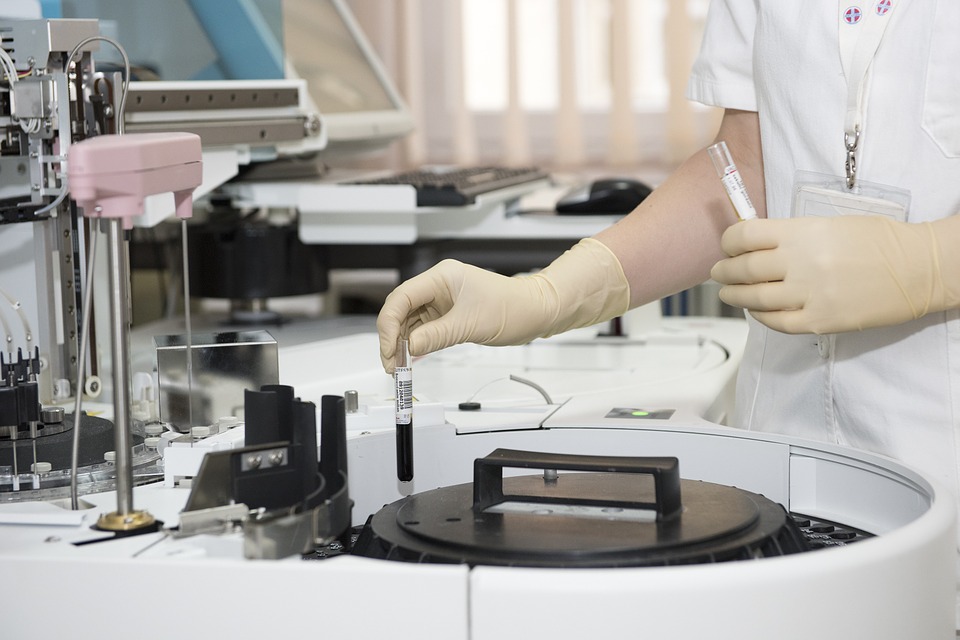
The role of a clinical scientist is extremely important. They are responsible for the prevention, diagnosis and treatment of a wide range of illnesses, medical conditions and diseases.
As a clinical scientist, you’ll more than likely find yourself working within a laboratory environment, undertaking complex data analysis and utilising sophisticated software to analyse tests and results. You will work as part of a team containing a variety of specialist skill sets, such as doctors, nurses and biomedical scientists who offer professional advice, interpretation of medical results and appropriate testing methods. All of these play a fundamental role in research and the development of new drugs.
Browse our latest clinical science jobs here, or read on to find out more about this line of work.
Roles
Within the laboratory, a clinical scientist may specialise in a variety of different areas, such as:
- Microbiology – This is the study of microbes such as viruses and bacteria, conducted to aid in the diagnosis, control and prevention of diseases and infections.
- Genomics – The study of genetic mapping and DNA sequences to enhance the early diagnosis and inherited traits and diseases.
- Blood Sciences – Studies focus on the chemical processes within living tissues and cells such as proteins and DNA.
- Transplant Sciences – Involves ensuring that donated organs are correctly matched to recipients and working to reduce immune-rejection.
Each of these specialist subjects involves various activities and responsibilities. Depending on your chosen area of work, duties could include researching, developing and testing new approaches for diagnosing and treating conditions; creating and following protocols and quality control methods to ensure reliable and accurate results; or interpreting results and creating reports for colleagues to provide patients with therapeutic, diagnostic and prognostic information, as well as treatment options.
What you’ll need to be a clinical scientist
Qualifications
In order to become a clinical scientist, you will need:
- A degree in life sciences, engineering, physics, or related to medicine
- The completion of the 3-year NHS Healthcare Scientists Training Programme (STP)
- Registration with the Health and Care Professions Council (HCPC)
Skills & Abilities
Obviously, clinical science workers require certain specific skills and abilities in order to perform successfully. The most important competencies include:
- The ability to demonstrate strong experimental and analytical skills
- Incredible attention to detail
- The ability to be thorough and present findings in a coherent manner
- The ability to work well within a team and communicate effectively
- The ability to work under pressure
- The ability to interpret information in a precise and accurate manner
The clinical science industry is a complex and ever-changing field that requires the very best individuals in order to move forward. We at Hyper Recruitment Solutions are very experienced clinical science recruiters, and we have a great passion for helping scientists find their perfect roles.
Use the links below to learn more about the clinical science industry, or to apply for clinical vacancies online.
Clinical Science: Learn More >
View & Apply for Clinical Science Jobs >
